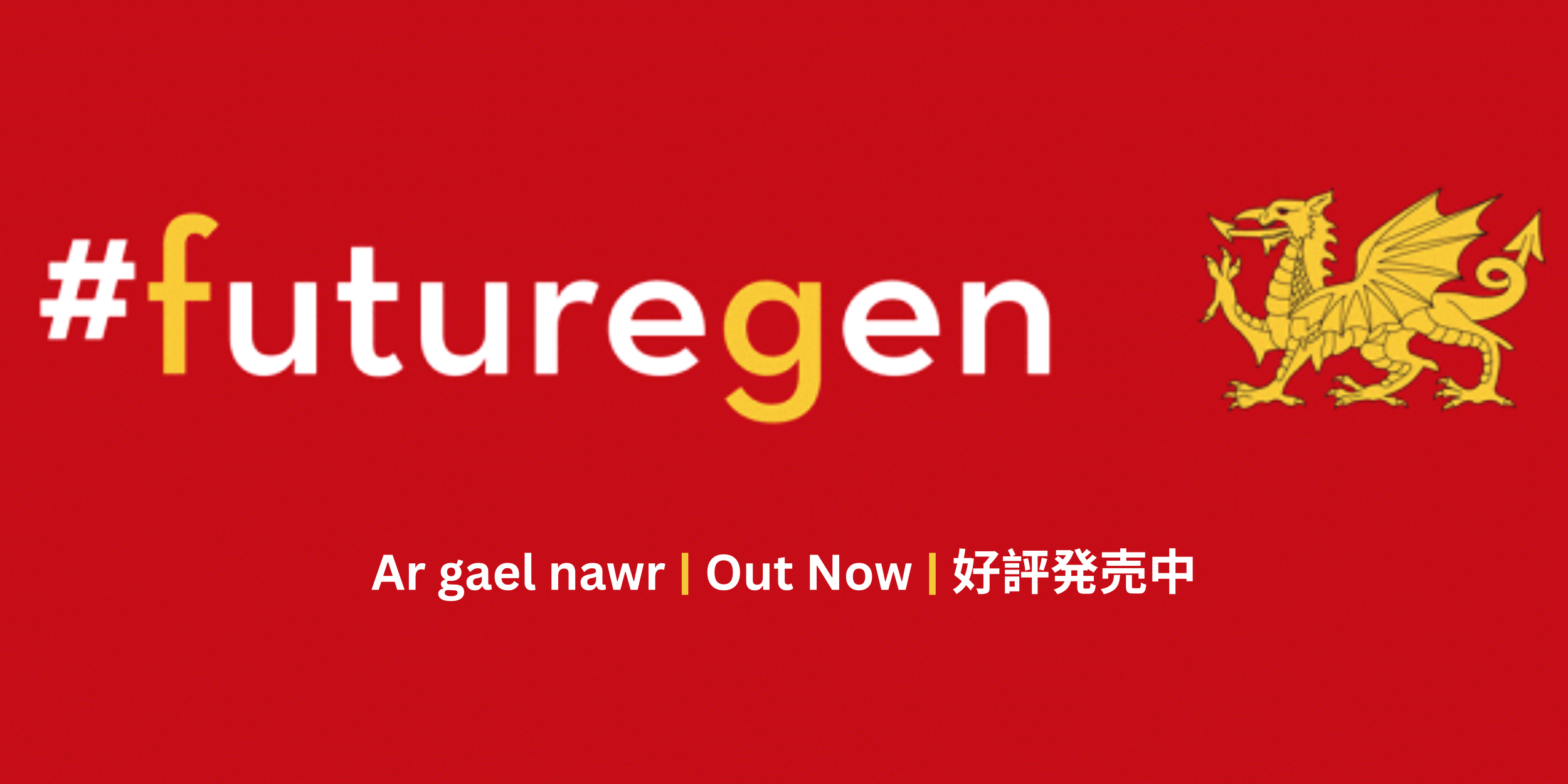Watch the talk here
Why Paramaethu Cymru?
Permaculture finds a natural home in Wales, a country which has sustainable development in its constitution and has always valued the local ‘square mile’, cooperation and education. There are many examples of permaculture in practice here, including smallholdings, community gardens, design courses and schools programmes and now is the time to make all this more visible.
Paramaethu Cymru – the term ‘paramaethu’ (from para, lasting: amaethu, farming; maeth, nurture) was adopted at the 2012 Eisteddfod – now has a bilingual website at http://wales.permaculture.org.uk where we are mapping projects, courses, events and news. This will enable permaculture to connect to national institutions concerned with government, farming, environment and education, as well as allowing the general public to get involved in their local area.
Programme
Dr Jane Davidson: 12pm Jane Davidson is the author of #futuregen: Lessons from a Small Country and Chair of the Wales Inquiry of the Food, Farming and Countryside Commission. From 2007- 2011, she was Minister for Environment and Sustainability in Wales where she proposed legislation to make sustainability the central organising principle of government; the Wellbeing of Future Generations (Wales) Act came into law in 2015. She is patron of CIEEM (Chartered Institute of Ecology and Environmental Management) and Tools for Self Reliance Cymru. She lives on an organic smallholding in west Wales.
Jane Powell: 2pm What should we ask for in a Food Manifesto for Wales? – is to help shape the food system in Wales. It is closely aligned with the Well-being of Future Generations Act and is based on principles of citizenship and shared values. See https://foodmanifesto.wales/ for further details.
Dr Matt Swarbrick: 4pm What would permaculture inspired farming in Wales look like?
Matt is a farmer at Henbant in North West Wales. He is an ecologist by background, is passionate about farm-scale permaculture and would love to see the world's problems solved through good farming and great food.
We’re now on a mission as a farm to see what happens if you apply permaculture design to a small welsh hill farm.. Is it possible to produce real food, pay a mortgage, build biodiversity and soil, build social capital and community, and to do so while enjoying it? And if it is possible surely that would solve the world's problems? Well possibly not but it could solve most of Wales' problems? If it can, why aren't more people doing it? And what would it look like if they were?..
Matt will share a short video and we then can discuss this topic... It's just as relevant.
Dr Elizabeth Westaway: 6pm Food as Medicine - a public health nutritionist who is promoting nutrient-dense food and 'Food as Medicine' to reduce/prevent diet-related non-communicable diseases, e.g. Type 2 diabetes.
